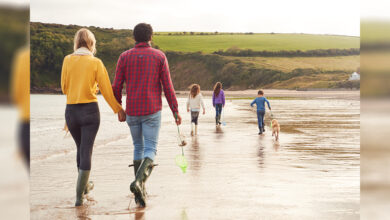The Family Unit
Coalition shares 6 strategies to ensure Emotional Wellness for Military Children During COVID-19
This week the Military Child Education Coalition (MCEC) hosted Emotional Wellness for Military Children During COVID-19 webinar.
The American coalition began developing parent-to-parent webinars in 2014 to provide information and resources to military parents that may not be in a community with a local parent to parent team.
Looking back on previous pandemics, the coalition noted in the webinar that the rates of suicide and mental health symptoms increased during them.
Youth ages 11 to 14 have the highest risk right now during COVID-19 says Scott.
During the COVID-19 pandemic, studies are also showing an increase in mental health symptoms throughout the world.
“These symptoms are due to social isolation, loneliness, and fear related to COVID-19, and while we can look back and learn from previous pandemics, much about this pandemic is new and unknown,” said Captain Matthew Scott, speaker, and guest.

Military children have many different challenges. Some of them include geographical distancing from family and not being able to integrate into a community after postings.
Youth ages 11 to 14 have the highest risk right now during COVID-19 says Scott. The rates of anxiety can be up to 30 per cent with depression almost at 10 per cent in children this age. Rates for this age group are already high, normally sitting at 10-20 per cent of young adults with depression and 30 per cent have anxiety.
“My fear with this age group of children is that maybe they are left home to help their younger siblings with school, and that might just be the absolute survival need of that family, but that may not be the best thing for the teenager,” says LTC Bonnie Jordan, guest and speaker.

Teens and young adults need to be able to work on their own education and connect with friends. Expectations for school, social activities and extra curriculars have been taken away, so the people in this age group are struggling with the lack of timeline not knowing when things may end.
The symptoms are not as obvious in this age group, and sometimes it’s hard to figure out what’s causing them. Some of the symptoms can be increased irritability, rage, conflicts or hopelessness to name a few.
“My fear with this age group of children is that maybe they are left home to help their younger siblings with school, and that might just be the absolute survival need of that family, but that may not be the best thing for the teenager,” LTC Bonnie Jordan, guest and speaker.
There is changes in personal relationships with friends or with family members, decreased interest in activities, changes in concentration and memory, changes in eating patterns, changes in hygiene, increased risky behaviour and thoughts of suicide. It’s a risky age group during COVID-19 because they’re old enough to stay at home and don’t need to have an adult present, but they’re not old enough to do school on their own.
It’s challenging because bases support don’t always offer childcare for children this age. So they’re at an increased risk of falling behind in school. They also have trouble expressing what they’re truly feeling, and the symptoms of anxiety and depression are often more physical.
During the webinar, the hosts shared strategies and resources were shared to better address the emotional wellness for military children during COVID-19.
6 Strategies for Families during COVID-19 pandemic
Stay positive
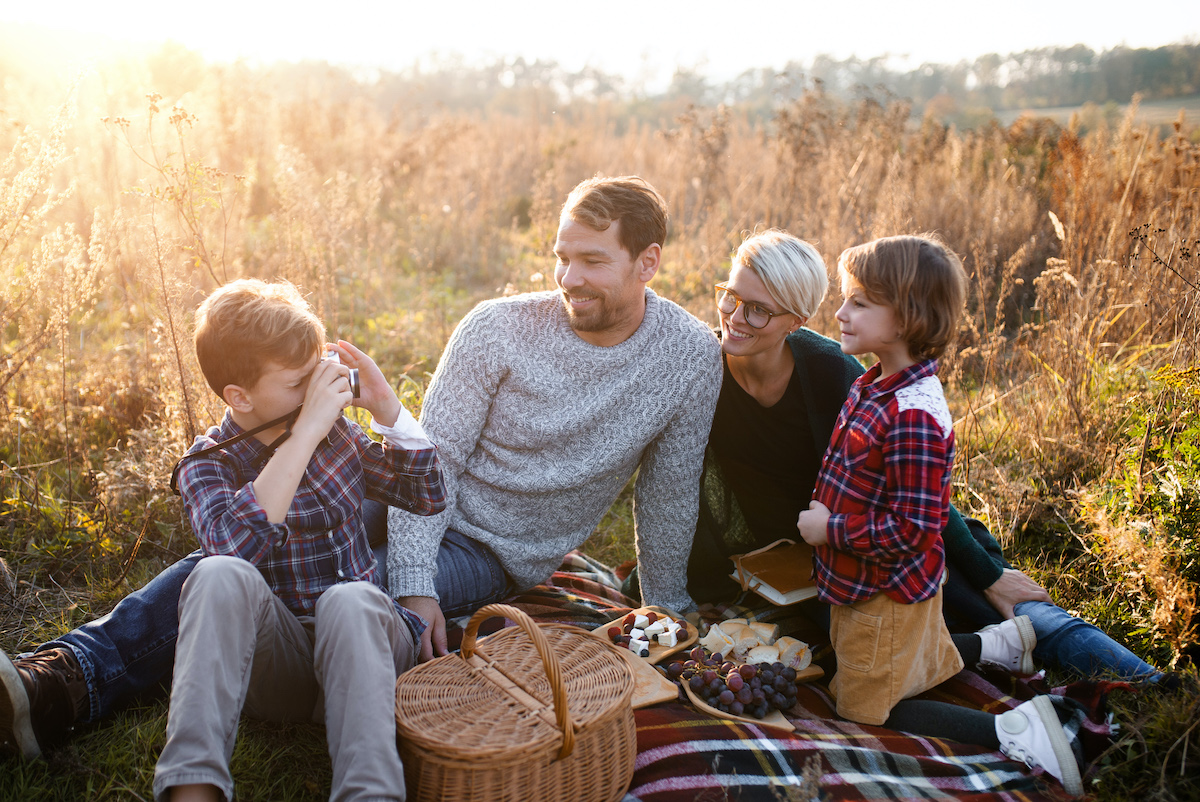
When talking to children about what’s going on, whether you are really excited about being socially distant, or whether you’re struggling with stress about the fact school is virtual, or your stressed your children are going back to school in these conditions, talk to them in an honest but positive manner. Staying positive also means taking care of yourself during these times.
Stay active
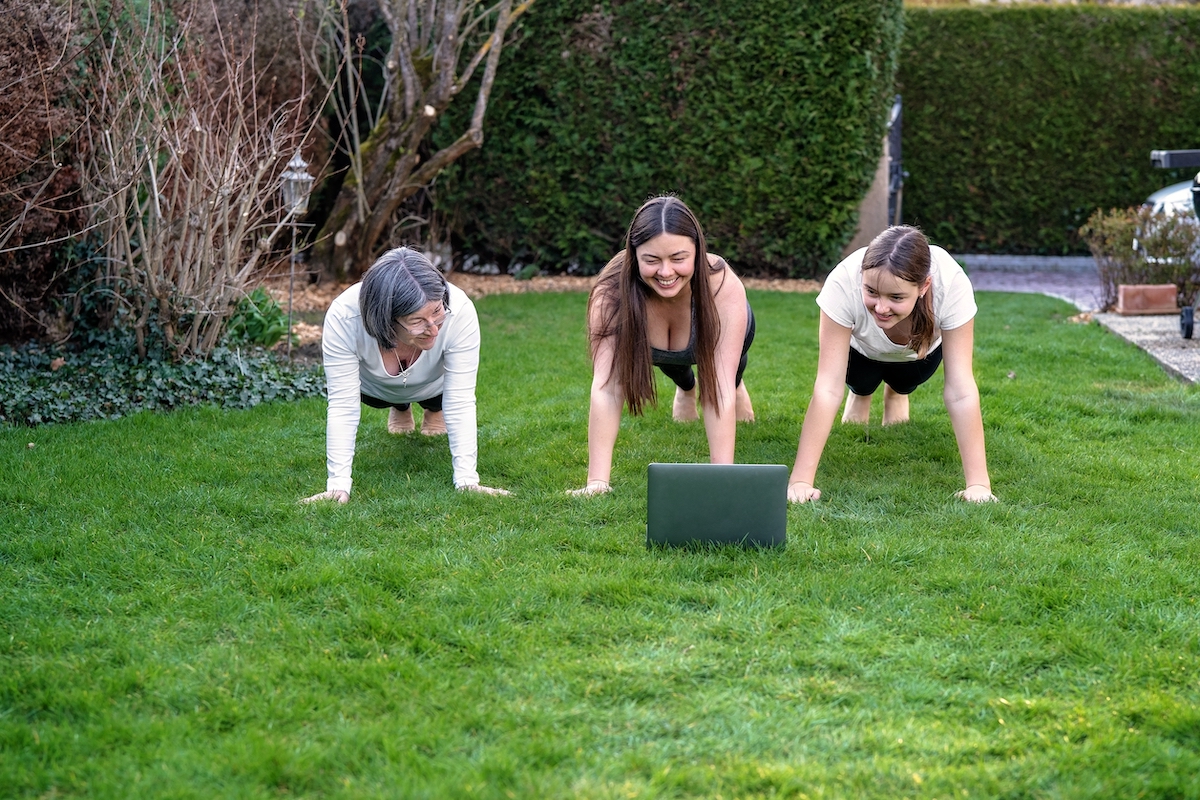
There are lots of ways to stay active right now, depending on what community you are in. Your gym may or may not be open, or the parks might be closed, so staying active can be difficult. People joke about gaining weight during COVID-19, but it’s a real thing because people are limited in what they can do. It’s important to stay active for your physical and emotional wellness. Make sure to take a walk while the weather is good. You can take your children with you or come up with innovative ways to stay active.
Stay scheduled
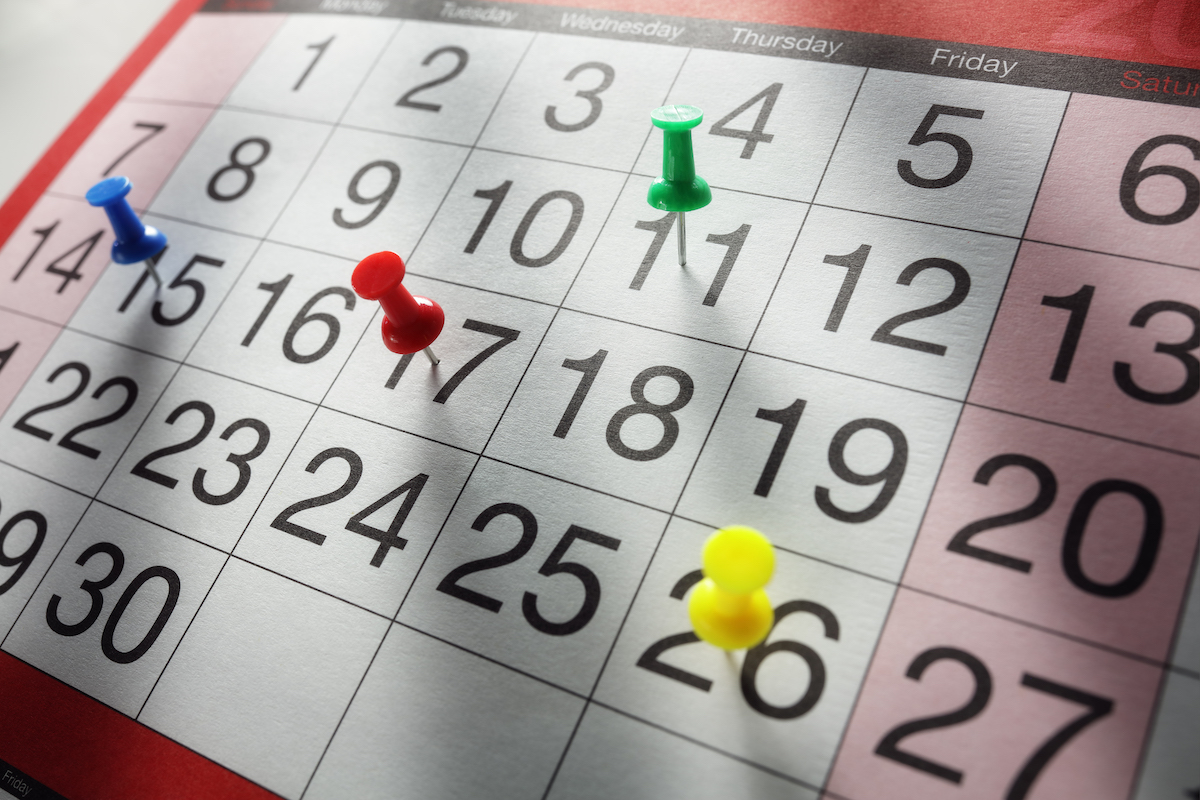
Staying scheduled can be difficult for some people, especially right now. Some families worry about having dinner made on time or doing chores on time, but it could be beneficial to adopt a flexible routine. That could look like making sure you’re making and eating dinner together with your family or making and eating dinner when everyone is home, rather than on time. Build your child’s school schedule and new activities into the routine. For many families right now, they’re typical schedule would include school or after school activities like clubs and sports, but many aren’t currently available. That can lead to more downtime unscheduled, which is a time where children can let their emotions run freely or get into some trouble, so this is a good time to keep them scheduled, but remain flexible.
Stay Connected

Even though health researchers tell people about social distancing is very important, people still need to stay connected. Friends and family are still important. The technology is out there for people to FaceTime, Skype, or do online meetings with teachers, friends, or family. There are many different platforms to stay connected on, even though it may not be the same as face-to-face. People can find unique things to do over video chat or messages like games, tutoring, or group reading.
Stay Informed

This is important for school-age children. Parents are trying to manage virtual schooling as well as other responsibilities, so it’s essential at all ages and maturity to know their schedule, due dates, assignments, and review them with your children to give them a sense of security and that you’re engaged. Being more involved may add another layer of stress, but it’ll give you a sense of knowing and calmness because you know what’s going on with their schooling, and you have it covered.
Stay Safe
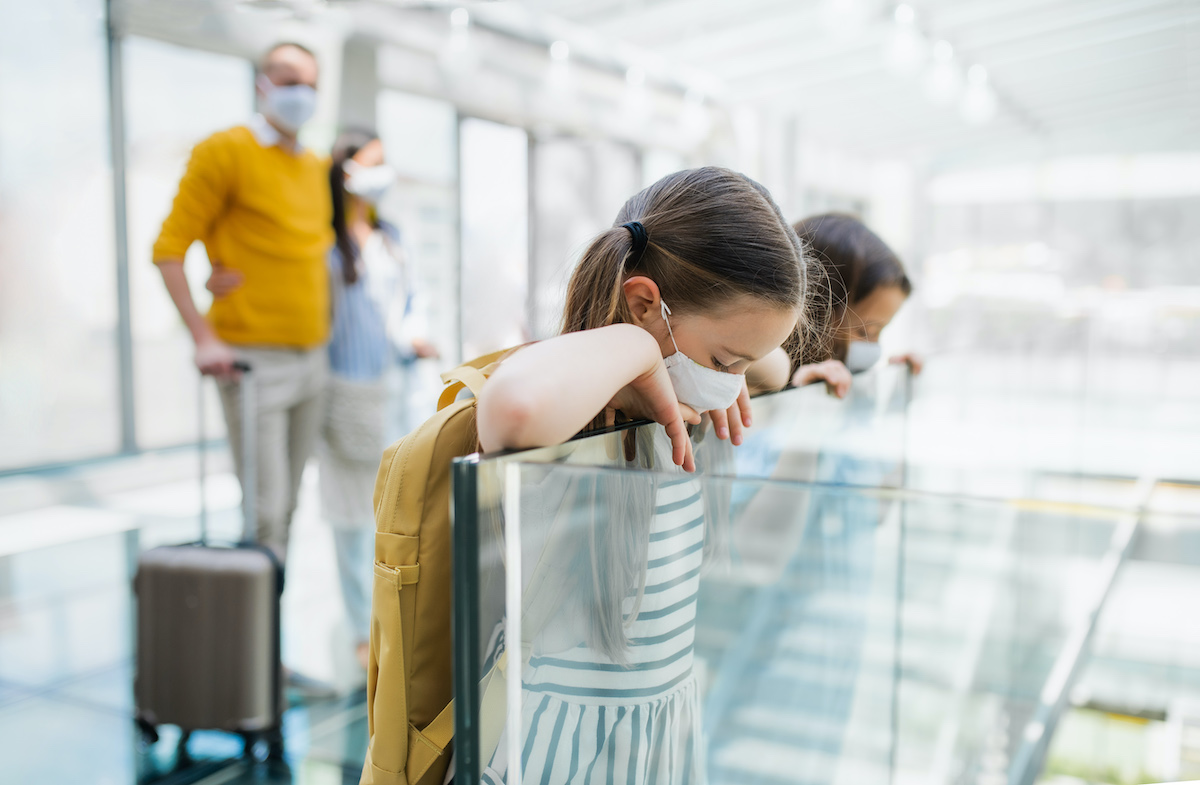
When you have the opportunity to be outdoors and take your children to different social and public events, follow CDC guild lines, and stay safe.
The webinar team consists of professionals who are active parent-to-parent educators and have worked for the program in multiple capacities. MCEC offers the same information to fill up the face-to-face workshops, but in a web-based format where program resources can be downloaded.
As of July 2018, more than 236,000 parents have received training through MCEC parent to parent workshops and webinars, and that number continues to grow. The coalition continually works to develop programs and strategies to support the children of the men and women at service.





